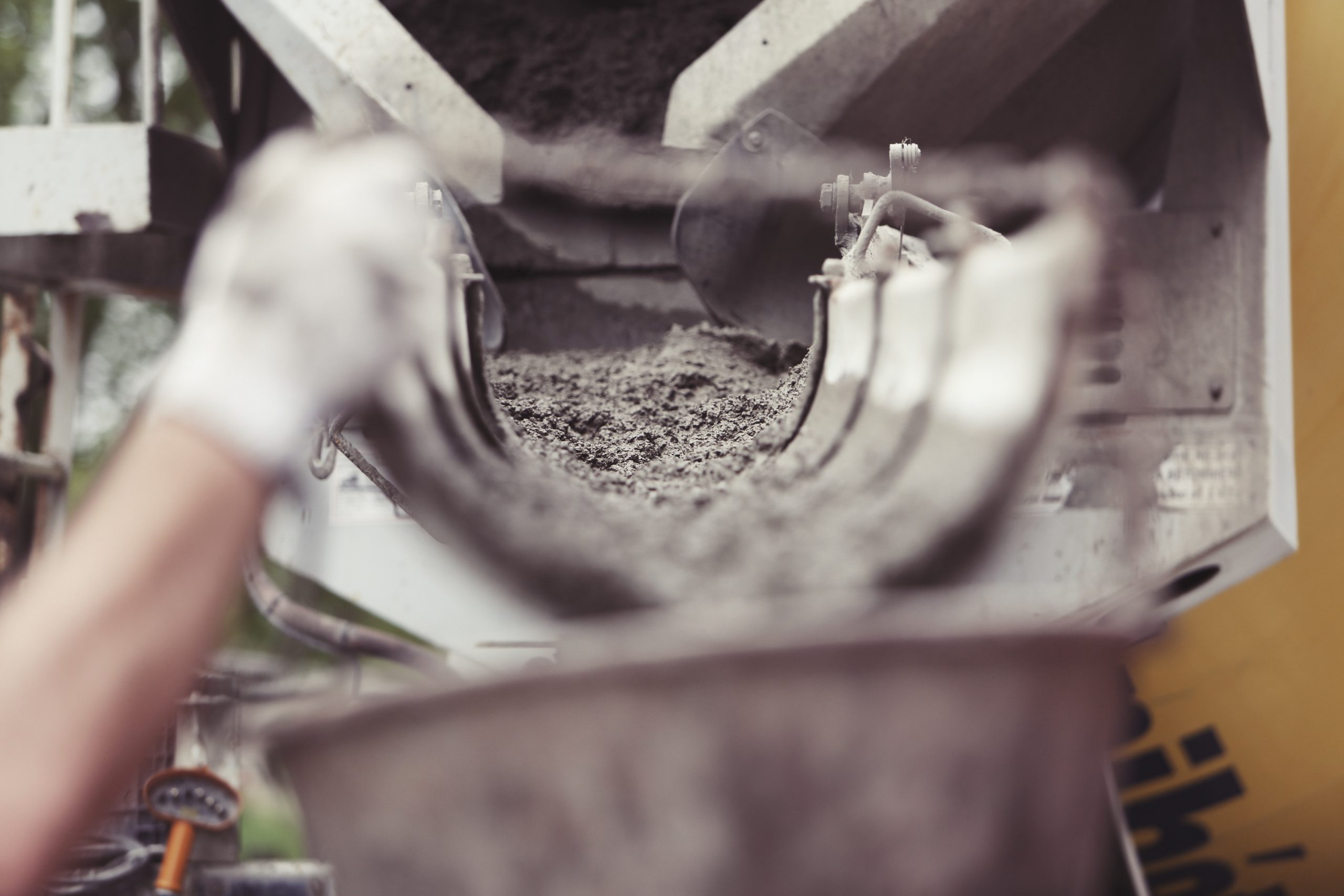London’s unique urban landscape often prompts homeowners to think creatively when it comes to expanding their living space. One popular solution is to dig deep beneath the ground and create a basement. However, this exciting endeavor comes with its own set of challenges, the foremost being obtaining planning permission. In this blog post, we’ll delve into the intricacies of securing planning permission for a basement in London, offering insights and guidance to help you navigate this process successfully.
- Understanding the Need for Planning Permission:
Before embarking on your basement project, it’s crucial to understand when planning permission is required. In London, basement developments often involve significant structural alterations, which typically fall under the realm of planning regulations. Even though Permitted Development rights might apply to certain alterations, it’s wise to consult your local council to ensure you’re on the right side of the law.
- Consulting with Professionals:
Securing planning permission can be a complex and nuanced journey. Enlisting the expertise of professionals, such as architects and planning consultants, is a prudent step. These experts are well-versed in the intricacies of local planning regulations and can help you navigate the process efficiently.
- Site Suitability and Impact:
When applying for planning permission, your local council will assess the impact of your basement project on the surroundings and the environment. Factors such as groundwater levels, the stability of the soil, and the potential effects on neighboring properties will be taken into consideration. Presenting a detailed report on the site’s suitability and the proposed project’s impact will enhance your application’s chances of approval.
- Design and Aesthetics:
Basement developments should harmonize with the existing architecture of your property and the surrounding area. Your design should consider aspects such as light, ventilation, and the overall aesthetic impact. A well-thought-out design that respects the character of the neighborhood can sway the decision in your favor.
- Engaging with the Community:
In London, community engagement is a vital aspect of the planning process. Hosting a public consultation where you present your plans to local residents and address their concerns can demonstrate your commitment to a collaborative approach. This engagement can be valuable in building support for your application.
- Application Process:
The planning application process involves preparing detailed plans, documents, and reports outlining your basement development. This package is submitted to your local council for review. Be prepared for potential queries and requests for additional information, as these are common during the review process.
- Addressing Concerns:
During the application review, your local council may raise concerns about your project. These concerns could relate to the impact on traffic, noise, or the environment. Responding promptly and professionally to these concerns can help alleviate reservations and demonstrate your commitment to responsible development.
- Securing Approval:
Once your application is approved, you’re one step closer to bringing your basement project to life. It’s important to note that planning permission is typically accompanied by conditions that you must adhere to during construction. These could include restrictions on working hours or requirements for noise mitigation measures.
Embarking on a basement development project in London is a promising way to maximize your living space. However, obtaining planning permission is a critical step in this journey. By understanding the complexities of the process, engaging with professionals, and addressing concerns proactively, you can increase your chances of securing approval for your basement project. Remember, patience and a thorough approach will not only help you achieve your expansion goals but also contribute positively to your neighborhood’s character and well-being.
